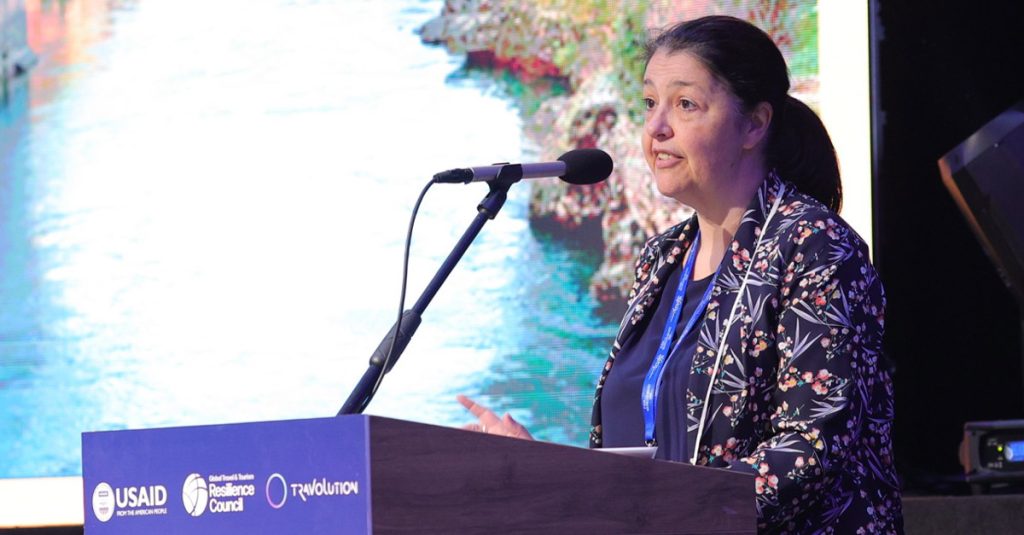Tourism’s rapid expansion necessitates careful management to prevent overtourism challenges. Recent events in popular destinations highlight the urgency of this issue. The UN’s Tourism Director emphasises the importance of sharing benefits equitably.
The issue of overtourism has resurfaced as a significant concern, particularly in high-demand destinations. Recent protests in locales such as Palma, Mallorca, and Tenerife underscore the critical need to effectively manage tourism flows. Sandra Carvao, the UN Tourism Director, articulates the sentiment succinctly: ‘Tourism is challenged if tourism flows are not managed.’ This encapsulates the broader necessity for structured regulation and strategic oversight.
Involving governmental bodies across sectors is essential to achieving this goal. Carvao points to smaller destinations where territorial management and dispersal strategies are necessary to ensure sustainable tourism. Without these measures, the risk of overburdening local infrastructure and communities persists.
Such measures are designed to protect sensitive areas while maintaining the destination’s appeal and viability for future visitors.
By strategically guiding tourist activities and offers, destinations can enhance visitor experience while preserving resources.
Balanced industrial representation supports resilience against market fluctuations and unforeseen disruptions.
Consumers are increasingly demanding activities that minimise ecological impact, suggesting a shift in tourism dynamics.
Krumpak insists on data accessibility for decision-makers, stating, ‘We need data in the hands of decision-makers,’ to enhance the understanding of tourism flows.
The discourse on regulating tourism highlights a multi-faceted challenge that requires collaboration among stakeholders. With strategic planning, equitable benefit distribution, and data-driven management, destinations can thrive sustainably. Innovations like the ‘hub and spoke’ model showcase potential pathways to balanced tourism.

